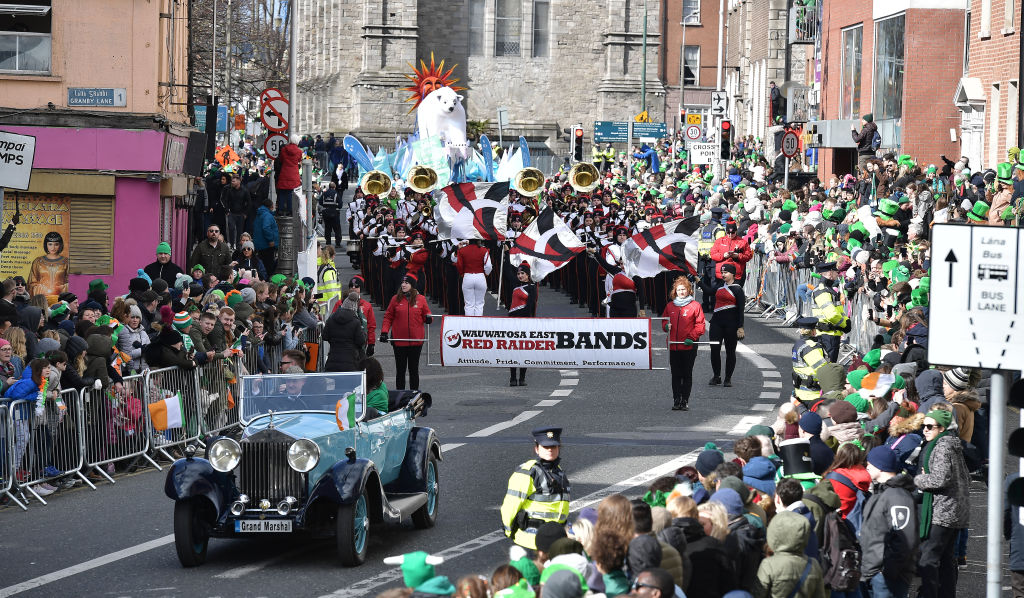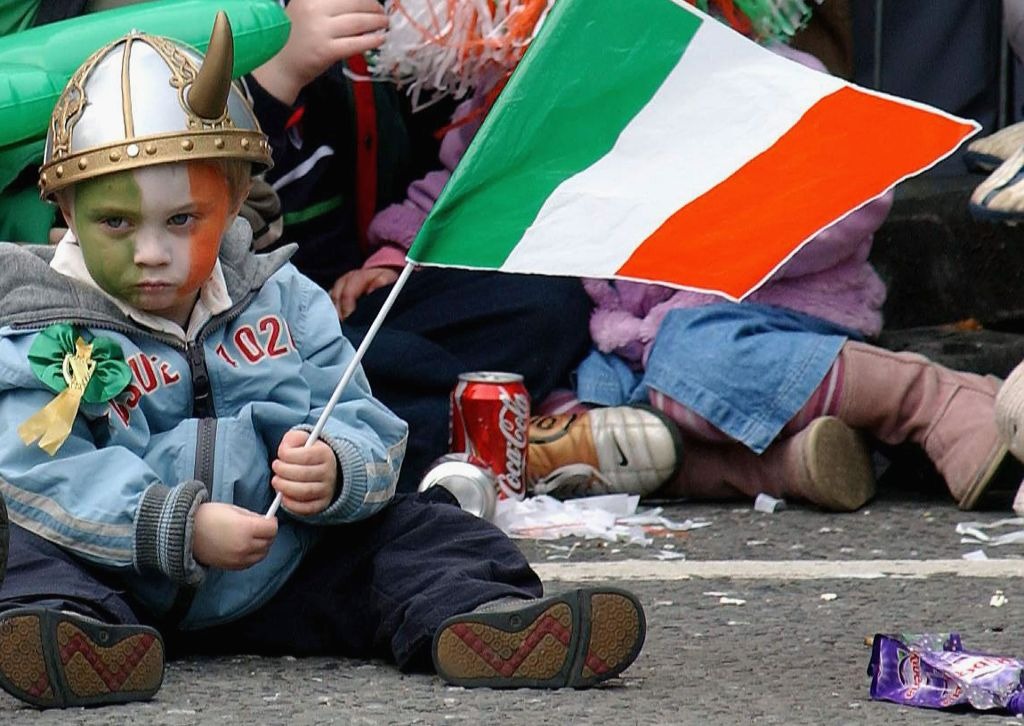THIS ISN'T the first time in recent memory that Ireland was put on pause for a while.
In 2001, foot and mouth disease was spreading across both Ireland and the UK, devastating the farming industry and causing over 42,000 animals to be culled.
While the disease was rarely harmful to humans, farmer's livelihoods were threatened and hundreds of animals became sick, with thousands more needing to be destroyed simply on the off chance they had contracted the extremely contagious disease.
 St Patrick's Day draws hundreds of thousands of visitors to Dublin each year. (Photo by Charles McQuillan/Getty Images)
St Patrick's Day draws hundreds of thousands of visitors to Dublin each year. (Photo by Charles McQuillan/Getty Images)In what is now an eerily familiar situation, annual events were called off: Six Nations matches were cancelled, after Ireland had won their first two opening games and were heading for their first Grand Slam since 1948.
Mass gatherings were disallowed, and even the Cheltenham Festival-- allowed to go ahead despite the pandemic this year-- was called off.
St Patrick's Day celebrations were another victim of the foot and mouth outbreak, much to the dismay of the Irish people and those involved, with one theatre company telling RTÉ News at the time that the decision would affect them for the rest of the summer.
"The television covers [St Patrick's Day], and after that, the phone starts ringing-- and for the rest of the summer we're kept going," one theatre company worker told the national broadcaster at the time. "This year, it's not going to happen."
But organisers were determined that it would not be cancelled, rather postponed-- and so, on 21 May 2001, two months after the day itself, Dublin held its iconic annual parade.
 The annual parade was eventually held in May, two months after the day itself (Getty Images)
The annual parade was eventually held in May, two months after the day itself (Getty Images)Over one million people flocked to the city to see the eagerly-anticipated and much-missed celebrations, made all the better by the uncertainty which had previously surrounded it.
It had been marketed as 'the best St Patrick's Day ever' to make up for the delay, with over 4,000 performers involved in the massive parade, and an article from The Irish Times at the time indicates that that promise was fulfilled.
"Never before has the day been celebrated with as much colour, enthusiasm or entertainment," Irish Times journalist Clodagh Mulvey wrote at the time. "And believe it or not, the weather wasn't bad either."
We can only imagine what next year's St Patrick's Day will look like-- but if a delay of two months made it 'the best St Patrick's Day ever', we've got some high expectations.

